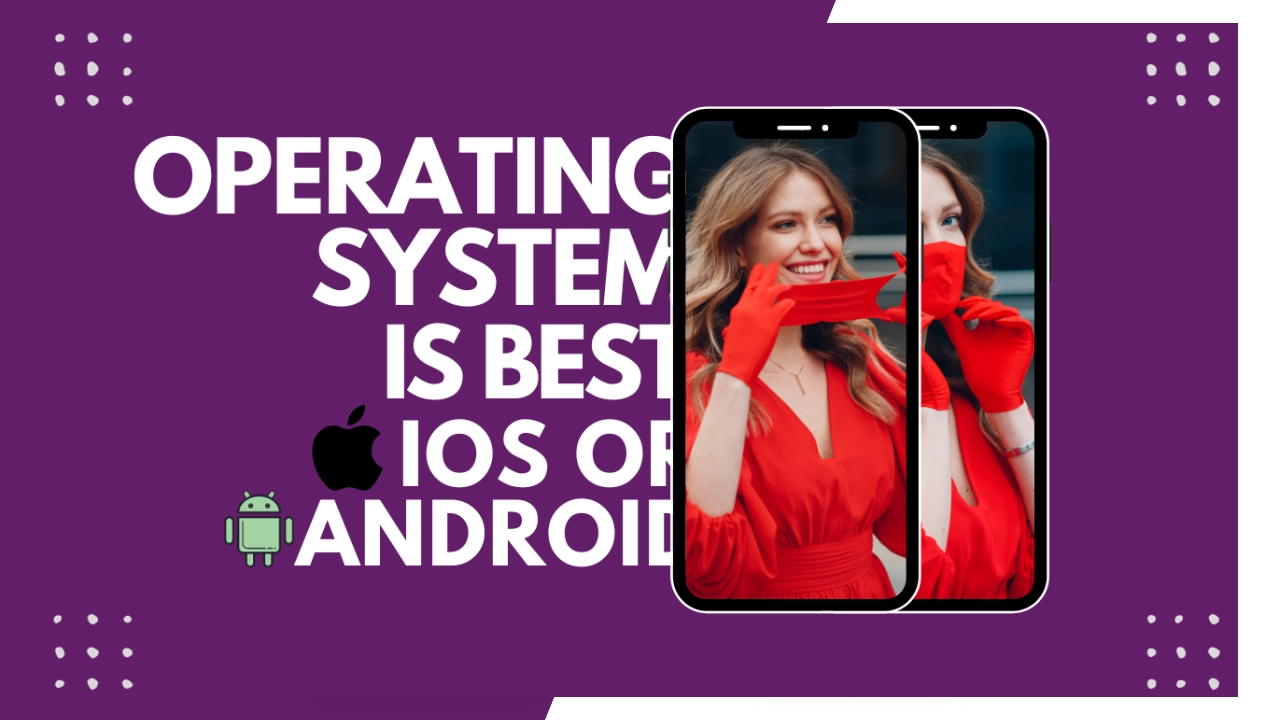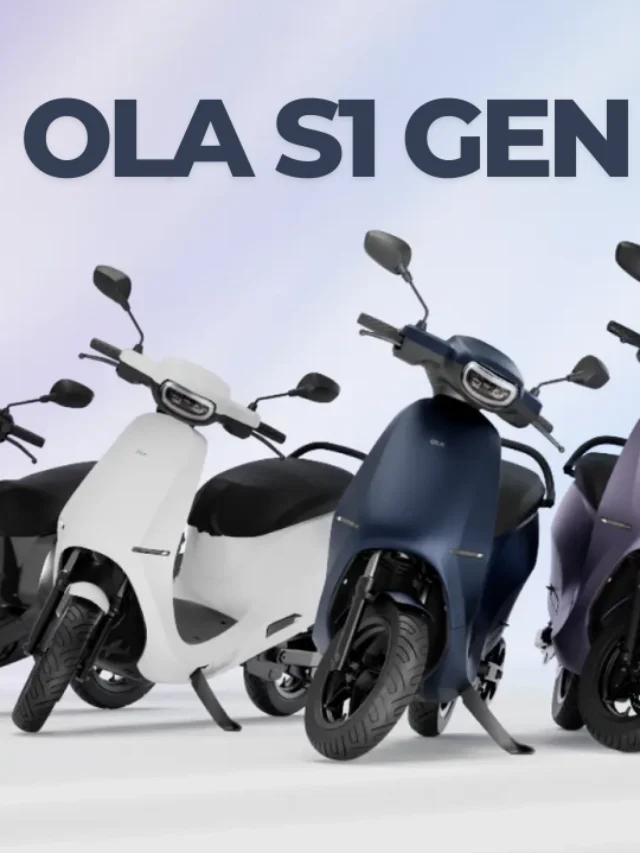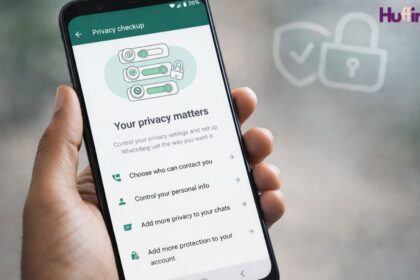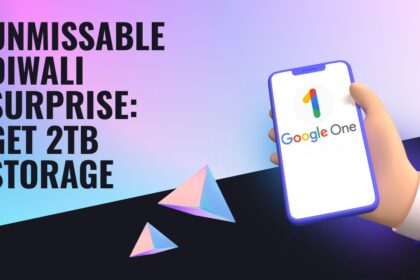The debate over which mobile operating system is best, iOS or Android, has been raging for over a decade. Both systems have their loyal fan base, but which one is truly superior? In this blog, we will explore the strengths and weaknesses of both iOS and Android to determine which operating system is best for you.
User Interface and Design
One of the most noticeable differences between iOS and Android is the user interface and design. Apple’s iOS is known for its simple and sleek design, with rounded icons and a minimalist approach. On the other hand, Android is known for its customizability, allowing users to personalize their devices with widgets, custom launchers, and more.
While both operating systems have their strengths, it ultimately comes down to personal preference. If you prefer a clean and simple design, iOS may be the better choice. However, if you enjoy customizing your device to your liking, Android may be the way to go.
App Store and Availability of Apps
Another important factor to consider when choosing between iOS and Android is the app store and availability of apps. Apple’s App Store is known for its strict guidelines and curated selection of apps, ensuring that users have access to high-quality and secure apps. However, this also means that some apps may not be available on the App Store due to Apple’s strict policies.
On the other hand, Android’s Google Play Store has a more relaxed approach to app approvals, resulting in a wider selection of apps. While this can be a benefit, it also means that users need to be more cautious when downloading apps, as they may not always be of high quality or secure.
Security and Privacy
Another important consideration when choosing between iOS and Android is security and privacy. Apple has a reputation for being more secure and private, thanks to its closed ecosystem and strict app store guidelines. On the other hand, Android is known to be more vulnerable to malware and hacking due to its open-source nature.
However, Google has made significant efforts in recent years to improve Android’s security and privacy features. For example, Android 11 introduced new privacy features, such as one-time permissions and improved location controls, to give users more control over their data.
Hardware and Compatibility
When it comes to hardware and compatibility, Apple has an advantage with its closed ecosystem. This means that Apple can ensure that its hardware and software work seamlessly together, resulting in a more stable and reliable experience for users.
On the other hand, Android is more open, which means that it can run on a wider range of devices, from budget phones to high-end devices. This also means that users have more options when it comes to choosing a device, but it can also result in compatibility issues between different devices and software versions.
Integration with Other Devices
Finally, another important factor to consider when choosing between iOS and Android is how well the operating system integrates with other devices. Apple’s iOS is known for its seamless integration with other Apple devices, such as Macs, iPads, and Apple Watches. This makes it easy to transfer files, access data, and work across different devices.
On the other hand, Android is more open, which means that it can integrate with a wider range of devices, from smart home devices to wearables. This can be a benefit for users who prefer to use different brands and types of devices.
Conclusion:
In conclusion, both iOS and Android have their strengths and weaknesses, and the choice ultimately comes down to personal preference and individual needs. If you prefer a clean and simple design, and value security and privacy, iOS may be the better choice. However, if you enjoy customizing your device, and want access to a wider range of apps and devices, Android may be the way to go. Ultimately, both operating systems are capable of delivering a great user experience, so it’s important to


























